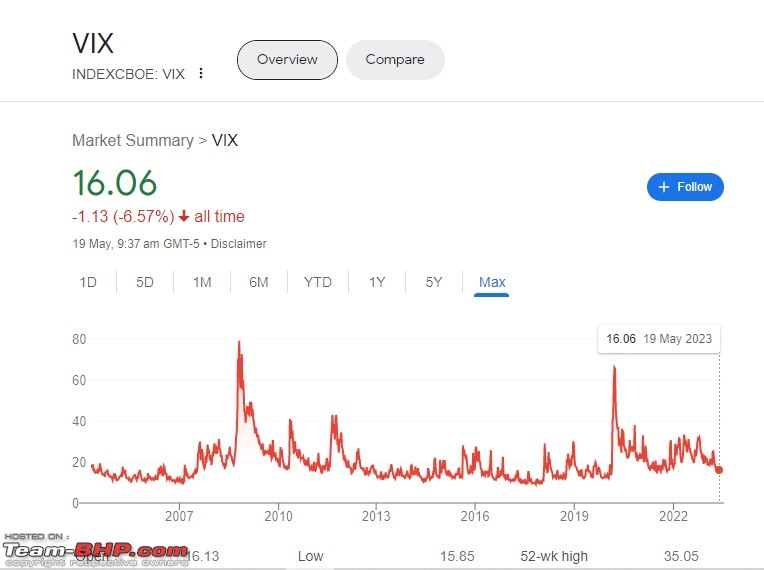| | #1501 |
| BHPian Join Date: Apr 2019 Location: Bangalore
Posts: 373
Thanked: 3,144 Times
| |
| |  (3)
Thanks (3)
Thanks
|
| |
| | #1502 |
| BHPian Join Date: Jul 2022 Location: Hyderabad
Posts: 250
Thanked: 763 Times
| |
| |  (5)
Thanks (5)
Thanks
|
| | #1503 |
| BHPian Join Date: Jan 2020 Location: Delhi
Posts: 525
Thanked: 3,763 Times
| |
| |
| | #1504 |
| BHPian Join Date: Sep 2008 Location: Hyderabad
Posts: 280
Thanked: 568 Times
| |
| |  (6)
Thanks (6)
Thanks
|
| | #1505 |
| BHPian Join Date: Jul 2011 Location: Gurgaon
Posts: 429
Thanked: 746 Times
| |
| |
| | #1506 |
| Senior - BHPian | |
| |  (5)
Thanks (5)
Thanks
|
| | #1507 |
| BHPian Join Date: Sep 2010 Location: Bangalore
Posts: 188
Thanked: 2,829 Times
| |
| |  (4)
Thanks (4)
Thanks
|
| | #1508 |
| BHPian Join Date: Apr 2019 Location: Bangalore
Posts: 373
Thanked: 3,144 Times
| |
| |  (7)
Thanks (7)
Thanks
|
| | #1509 |
| Team-BHP Support  | |
| |  (3)
Thanks (3)
Thanks
|
| | #1510 |
| Distinguished - BHPian  Join Date: Aug 2014 Location: Delhi-NCR
Posts: 4,078
Thanked: 64,550 Times
| |
| |  (7)
Thanks (7)
Thanks
|
| | #1511 |
| Distinguished - BHPian  Join Date: Aug 2014 Location: Delhi-NCR
Posts: 4,078
Thanked: 64,550 Times
| |
| |  (2)
Thanks (2)
Thanks
|
| |
| | #1512 |
| Team-BHP Support  | |
| |  (6)
Thanks (6)
Thanks
|
| | #1513 |
| BHPian Join Date: Aug 2019 Location: Bahrain
Posts: 937
Thanked: 4,998 Times
| |
| |  (5)
Thanks (5)
Thanks
|
| | #1514 |
| Distinguished - BHPian  Join Date: Apr 2005 Location: AU
Posts: 2,328
Thanked: 7,263 Times
| |
| |  (4)
Thanks (4)
Thanks
|
| | #1515 |
| BHPian | |
| |  (1)
Thanks (1)
Thanks
|
 |
Most Viewed







 atleast for a decade or two]
atleast for a decade or two]



